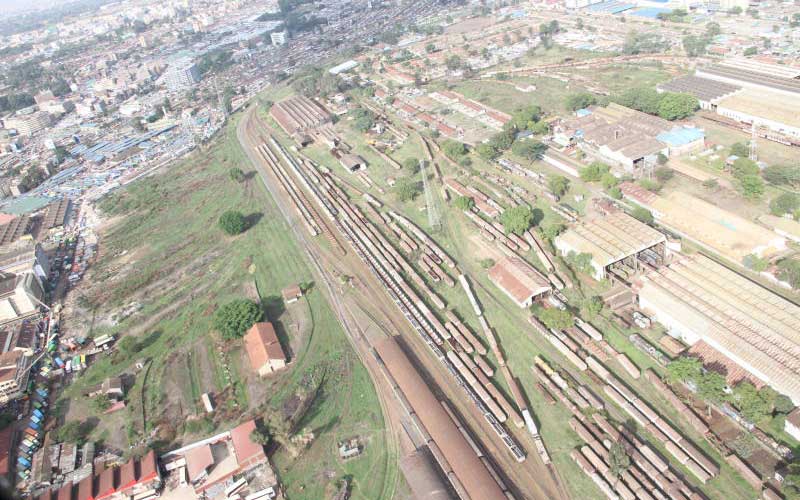
“I am dying... I wasted my career in railways and now I am here dying,” says 54-year-old Kenya Railways retiree Kimiti Kariuki. His testimony reflects the painful experience of a former employee struggling to make ends meet after losing his job. He does not deny that he is bitter that he was given hope and grabbed it at his youthful age when he considered himself resourceful.
“I was hired by Kenya Railways Corporation as a trainee locomotive engineer and driver in 1987 and enrolled for a seven-year course in locomotive engineering,” says Kariuki. It was the beginning of what he considered as a promising journey to actualising his dreams, which he later learnt, was a false signal.